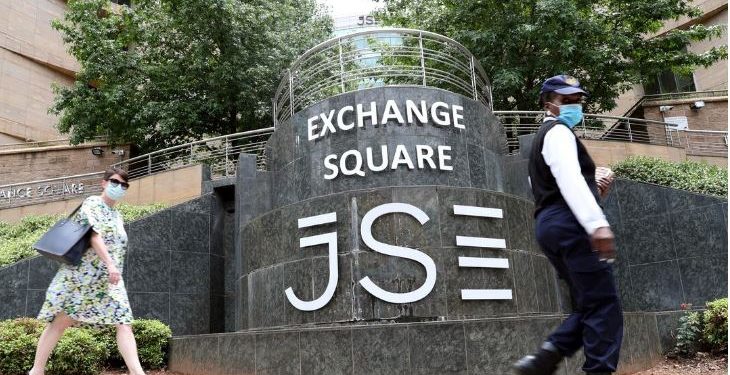South Africa’s Johannesburg Stock Exchange Ltd (JSE) reported a slight dip in half-year profits on Wednesday, reflecting the impact of reduced equity trading in a challenging economic landscape. The JSE, Africa’s largest stock market by capitalization, announced a 0.2% decrease in headline earnings per share (HEPS) to 606 cents for the six months ending June 30. HEPS is a key indicator of corporate profitability in South Africa.
Despite the drop in equity trading, the JSE managed to keep profit after tax stable at 492.7 million rand ($27 million). Revenue saw a 4.3% increase, reaching 1.5 billion rand, driven by growth in various business segments and asset classes. This diversification helped offset a 12% decline in equity trading.
“These results reflect our segment and asset class diversification as well as strategic progress in growing non-trading income, which now represents 39% of total operating income,” said group CEO Leila Fourie.
After a sluggish start to 2024, the JSE saw a recovery in equity trading value during the second quarter, a trend that continued into July following South Africa’s May elections. The elections resulted in a new unity government that includes the pro-business Democratic Alliance party, boosting market sentiment and trading activity.
“Higher trading activity has been reflective of positive market sentiment stemming from the outcome of the national elections and the formation of the government of national unity (GNU),” Fourie added.
The Johannesburg All-share index has increased by 5.4% year-to-date, reaching a peak of 82,881 points on August 1. The banks index, benefiting the most from cautious optimism, has risen by 12.6% this year.
The JSE is also witnessing a resurgence in listings after experiencing a wave of delistings since 2020. The main board has seen the addition of second-hand vehicle trader WeBuyCars and poultry producer Rainbow Chicken, with Pick n Pay’s discount grocery retailer Boxer expected to list soon. Additionally, medical cannabis company Cilo Cybin listed on the exchange’s Alternative Exchange for smaller companies as a Special Purpose Acquisition Vehicle (SPAC).
The exchange’s ability to leverage its diversified business model has proven crucial in navigating economic headwinds, maintaining revenue growth, and fostering a positive outlook for future market activity.
Source: CNBC















